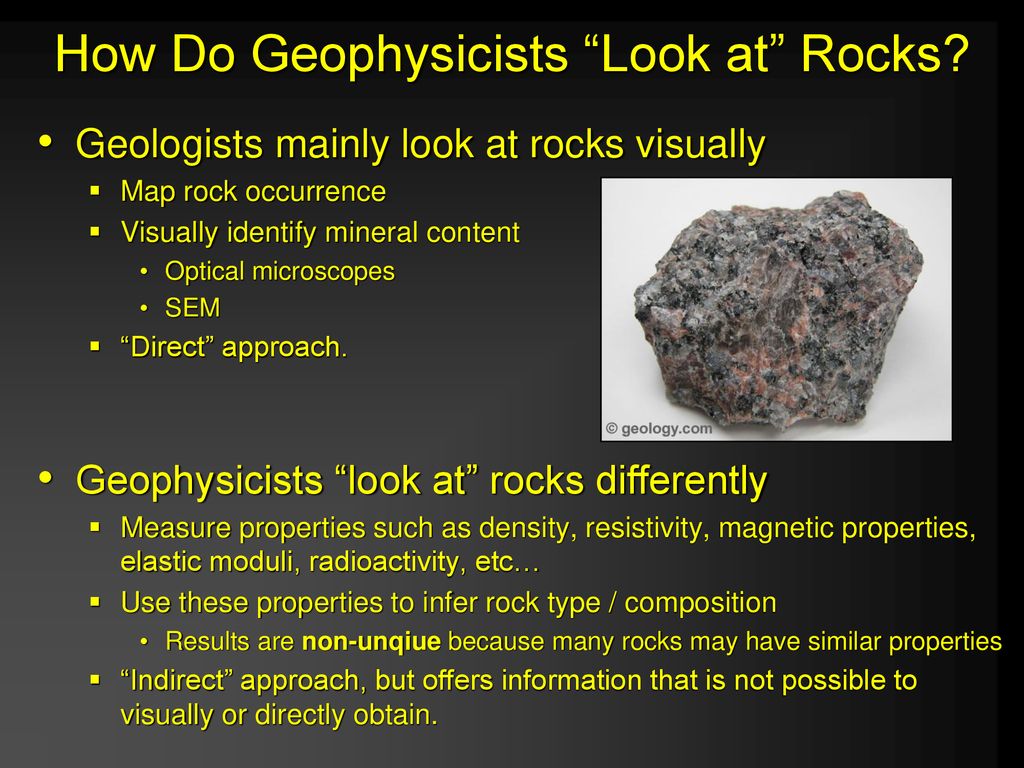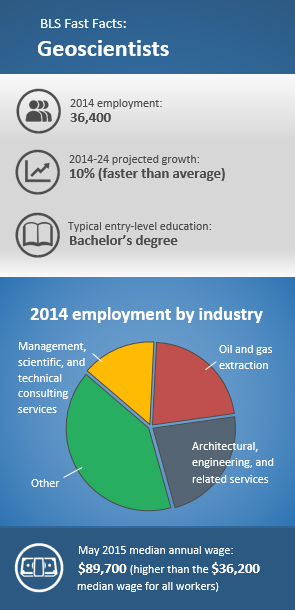All Categories
Featured
Table of Contents
Environmental Geophysicist in Embleton WA 2020

Other possible geophysicist majors that aren't geophysics or geoscience include: Climatic sciences and meteorology Chemical and physical oceanography Earth science Environmental science Hydrology and water resources science Materials science By making any geophysicist degree, and by taking the essential geology courses, you ought to certify for an entry-level position as a geoscientist or geophysicist.
Eventually, trainees should learn: a branch of geology that takes a look at the different elements of minerals, including chemical composition, internal crystal structure, and physical residential or commercial properties. the research study of rocks and the processes and conditions that form and transform them with time. There are a few neighborhoods in this branch of geology, including igneous, metamorphic, and sedimentary rocks.

This field analyzes structural rock features such as cleavage, faults, joints, and small folds. They must also find out the computer system skills necessary to: examine data develop digital designs and maps operate geoscientists' software Students should also take advantage of all opportunities to gain real-world experience. Ambitious geophysicists should expect to spend time learning: in the class in the field in laboratories Undoubtedly, skills taught in the classroom are really crucial for striving geophysicists.
Geophysical Survey And Remote Sensing Techniques in West Perth WA 2023
Geoscientists invest a lot of their time outside when working in the field, so they must have "outside skills" like camping and running boats, aircraft, and other vehicles. Since they invest so much time in remote locations, it's essential that geophysicists likewise have the physical endurance to carry required devices on their walkings to places of study.
The job offers: a high median and leading earnings a high rate of personal fulfillment among geophysicists low work stress favorable job outlook More details on incomes potential and task outlook is detailed below. For trainees wanting to land an entry-level role as a geoscientist or geophysicist, it takes four years, or the time needed to complete a bachelor's degree in geophysics or an associated discipline.
Some research positions in geophysics need doctoral degrees. If you prepare to teach at a college or university, you need to earn a Ph. D. in geophysics or a related field. The time it takes to make a Ph. D. differs by organization and program, however it normally takes 4 to six years beyond the bachelor's degree.
Airborne Geophysical Surveys in Eden Hill Oz 2023
Most companies need prospects to have a bachelor's degree in geophysics or a carefully associated discipline for all entry-level positions. And, in some cases, companies need a master's degree. As a result, there's no chance around the degree requirements for becoming a geophysicist. Most employers will anticipate or need a practicing geologist to be certified for positions beyond those at the entry level.
Presently, 31 states need licensing for geologists, although licensing is not always required, particularly for entry-level work. The states that do issue licenses use the Principles of Geology Test (FGE), which is administered through the National Association of State Boards of Geology (ASBOG). Now that you know which degree for geophysicist jobs you require, you'll need to land a job, and it is very important to find out just how much cash you can make in this profession.
According to BLS, the average annual wage for geoscientists is $93,580. According to BLS, certain industries use higher salaries for geoscientists, and in some cases, they offer higher-than-average earnings.
Geophysical Survey in Mariginup Aus 2023
In fact, mining, quarrying, and oil and gas extraction uses over $32,000 more annually than the average yearly wage for this profession. The federal government, too, offers over $10,000 more in profits than the nationwide average for geoscientists. In addition to market type, geographic area can considerably impact profits for this occupation.

The top-paying states and their annual mean incomes, according to the BLS, include: Texas $166,720 Oklahoma $149,630 Pennsylvania $120,590 Hawaii $120,130 Colorado $107,260 These 5 top-paying states offer much higher earnings than the average for this occupation. Earnings for geoscientists in Texas are over $73,000 greater than the nationwide average.
It must come as not a surprise that the majority of these high-paying areas are in Texas and Oklahoma, however some are discovered in California, Louisiana, and Colorado. The leading 10 highest-paying metro areas for geoscientists are: Houston-The Woodlands-Sugar Land, Texas: $188,400 Tulsa, Oklahoma: $186,490 Midland, Texas: $167,040 Odessa, Texas: $147,080 Oklahoma City, Oklahoma: $145,350 Bakersfield, California: $130,080 Urban Honolulu, Hawaii: $124,470 New Orleans-Metairie, Louisiana: $121,030 Washington-Arlington-Alexandria, DC, VA, MD, WV: $120,180 Denver-Aurora-Lakewood, Colorado: $116,910 For some geoscientists and geophysicists, living in a metro city is not as enticing as residing in a smaller sized community.
Latest Posts
How To Become A Geophysicist in Dalkeith WA 2022
What Is The Best Degree Path For Becoming A Geophysicist? in Floreat WA 2023
Marine Geology And Geophysics in Rivervale Western Australia 2022